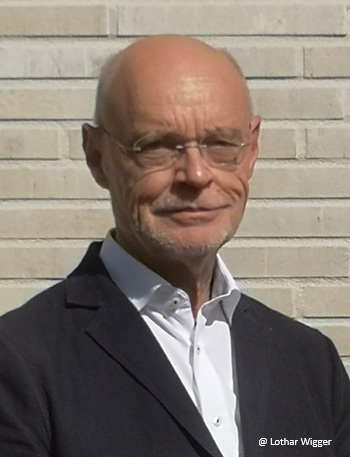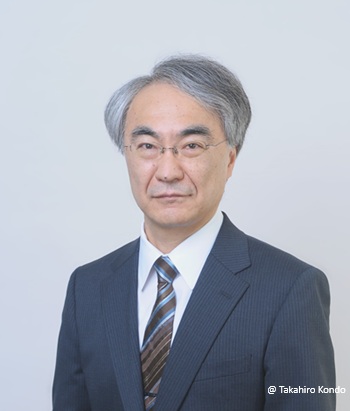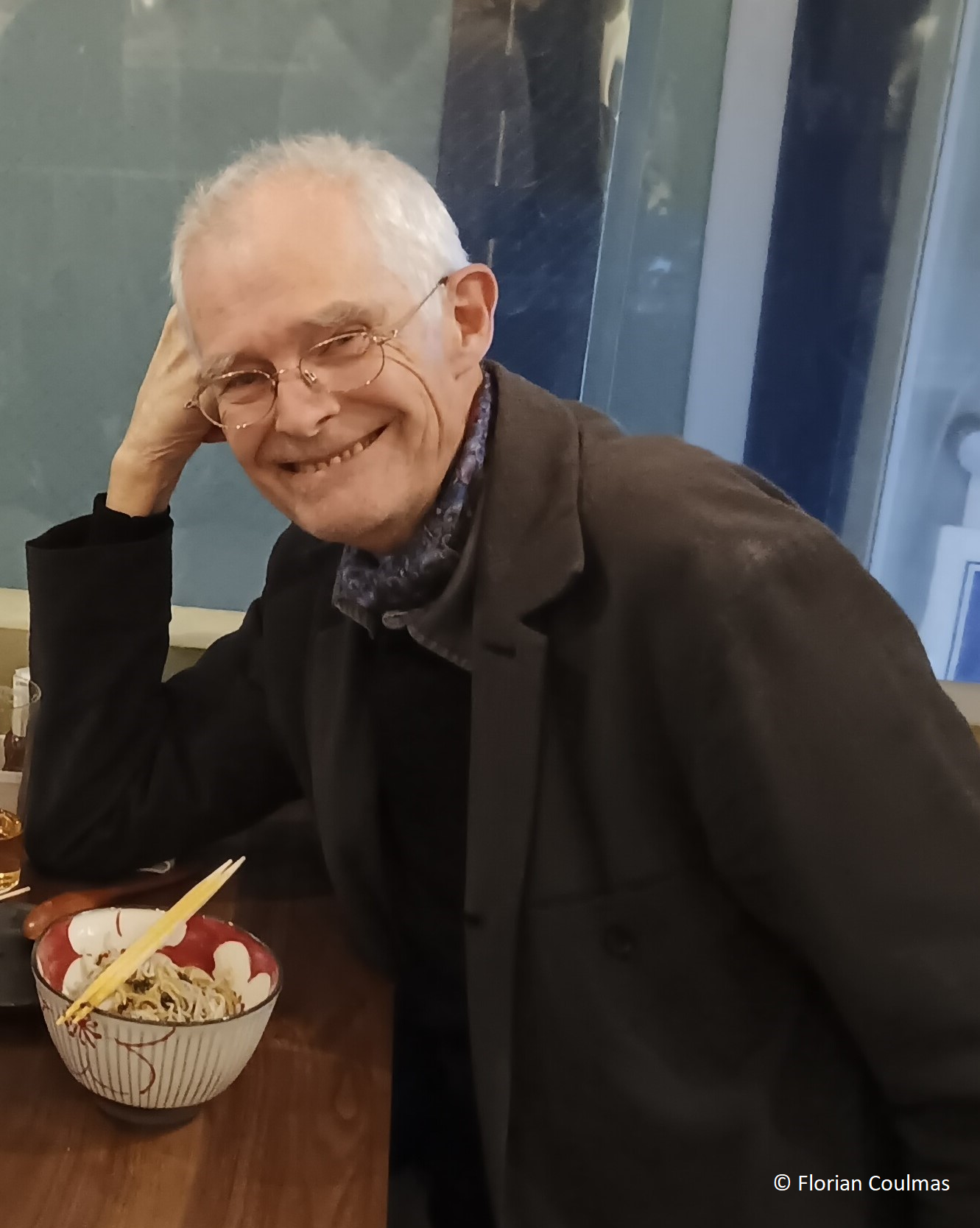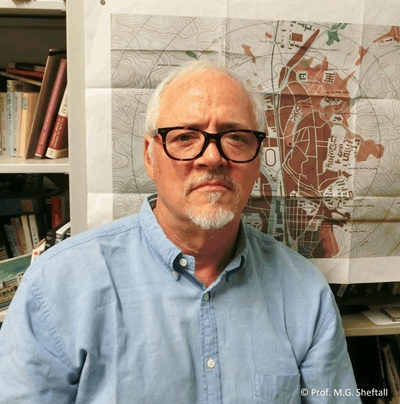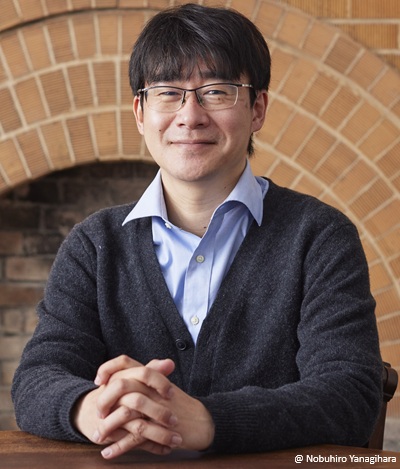
Vortrag von Prof. Nobuhiro Yanagihara: „Nationale und globale Opfernarrative im japanischen Diskurs über Hiroshima und Nagasaki“
Museum Fünf Kontinente Maximilianstraße 42, MünchenDer Vortrag findet im Rahmen der Sonderausstellung "Vom Inferno zum Friedenssymbol - 80 Jahre Hiroshima und Nagasaki" im Museum Fünf Kontinente (4. Juli 2025 bis 11. Januar 2026) statt. Es handelt sich um die Wanderausstellung der Friedensgedächtnismuseen in Hiroshima und Nagasaki. "Nationale und globale Opfernarrative im japanischen Diskurs über Hiroshima und Nagasaki" Prof. Nobuhiro Yanagihara ...
